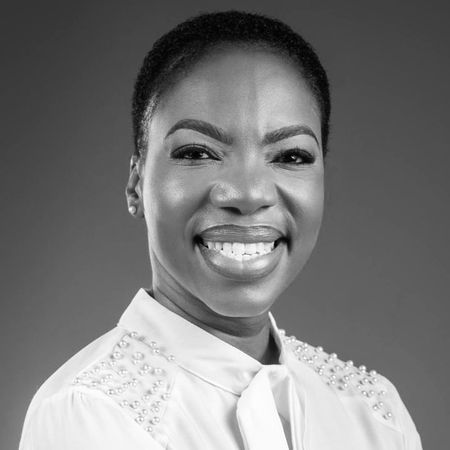There is understandable fascination among South Africa’s (SA’s) political and economic elites about the G20. It is a momentous opportunity for the country – not only because it is the first G20 summit held on African soil, but because it arrives at a time of global geopolitical renegotiation whose true implications will only become clear in the years ahead. The event has been further amplified by the tension between SA and the US, culminating in the US President skipping the leaders’ summit.
Yet amid all this high-level activity, we must pause and ask whether any of this matters to ordinary South Africans? What does a meeting of the world’s most powerful leaders mean for the person taking taxis and trains to work, or for students cramming their way through exam season?
Outside the circles of journalists, podcasters, politicians, bureaucrats and business elites, the G20 barely registers. This weekend, as big soccer and rugby matches dominate public attention, will the G20 even feature in conversation?
A glance at social media suggests the answer is no. The loud, influential online voices aren’t talking about it. It isn’t trending. But in real-world conversations in Johannesburg, people are talking. And it’s about the suddenly cleaner streets, working traffic lights, and visible policing. The way government has moved to give the City of Johannesburg a temporary spring clean. And the question they keep asking each other is simple – will any of this last after the G20?
Johannesburg’s mayor
No one believes this burst of efficiency is the result of newfound administrative brilliance from Johannesburg’s mayor. Dada Morero remains the mediocre leader he has been since taking office. What has changed is pressure from the Presidency to make a good impression for the world’s VIPs. Citizens care less about the summit itself and far more about the city and country they will be left to live in once the delegations depart.
Therefore, what should we want for SA after this VIP moment passes? The true measure of a city is not how it feels for the wealthy and well-connected, but how it functions for the people who rely on it every single day. A good road is one that works equally for the G-Class Mercedes and the Toyota Tazz.
Achieving that requires more than cosmetic clean-ups. It requires tangible commitments, backed by a real roadmap. We must resist the trap of low expectations and low ambition. If the City can pull itself together for international guests, it must find the will to do the same for its own residents. Every citizen deserves to be treated like a VIP.
Fixing the fundamentals
A future-ready Johannesburg begins with fixing the fundamentals. That means addressing weaknesses in manufacturing to create jobs and deepen our export competitiveness. Gauteng’s unemployment rate is 39.6% on the expanded definition. This is unacceptably high for what is supposed to be the country’s economic engine. Yes, it is lower than provinces like the Eastern Cape at 50.2%, but that is no cause for comfort. If anything, it underscores how much work lies ahead once the G20 fanfare ends.
A meaningful win from the summit would be investment commitments with teeth. SA needs to increase gross fixed capital formation, currently stuck at 15% of GDP. Doubling this to around 30% – in line with other emerging economies – would unlock the growth we desperately need. But this requires business to step up with real investment. The G20 has already shown what becomes possible when Johannesburg actually works. It is a proof of concept waiting to be scaled.
We should also be using this moment to forge city-level partnerships on transit systems, renewable energy, waste-to-power innovations, and effective policing. Johannesburg must leverage global expertise to build sister-city programmes with innovation hubs that can transfer skills to our energetic young population. That means pursuing partnerships that deliver pilot projects, apprenticeships and small business supply chains, over and above fancy dinners and photo opportunities.
Ultimately, the G20 must deliver benefits that reach the street, and last longer than the summit itself. When the blue lights fade and the motorcades leave, South Africans must be able to say that the country is better off than it was before. DM




